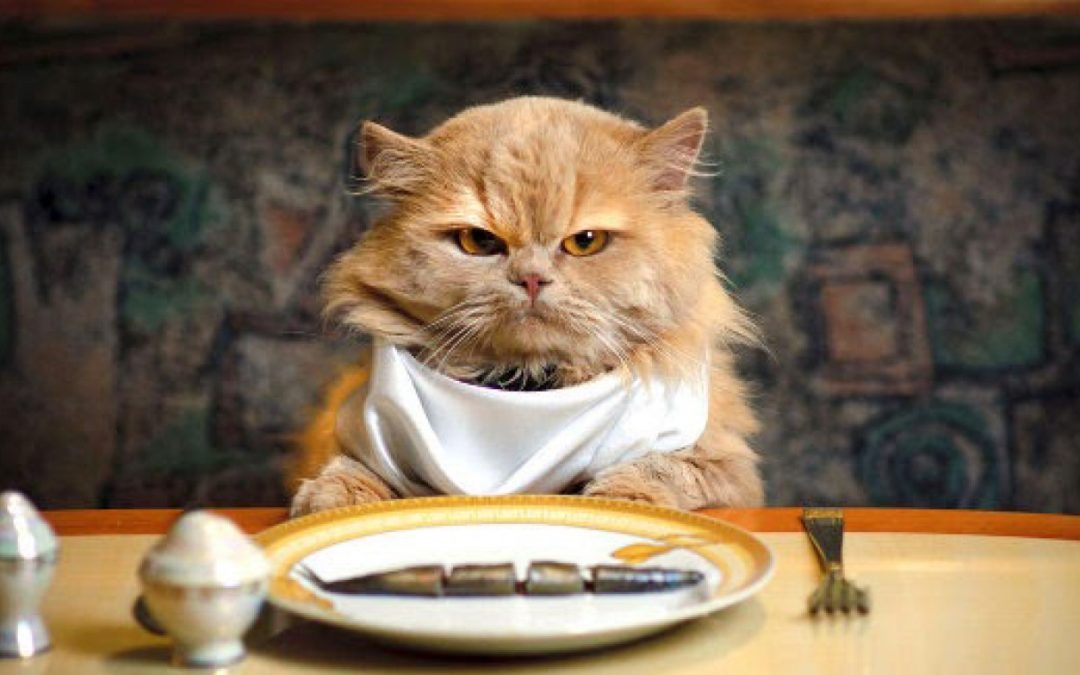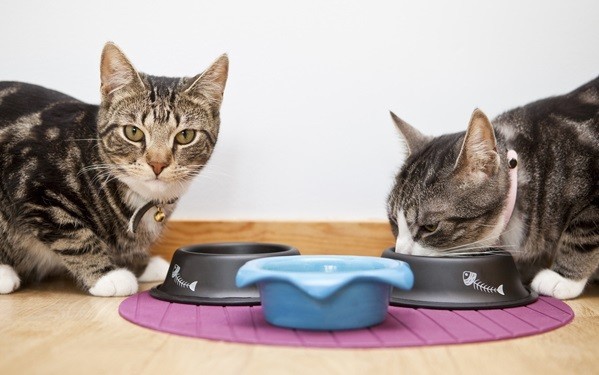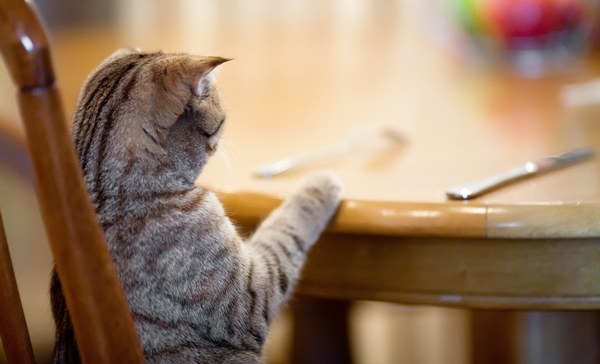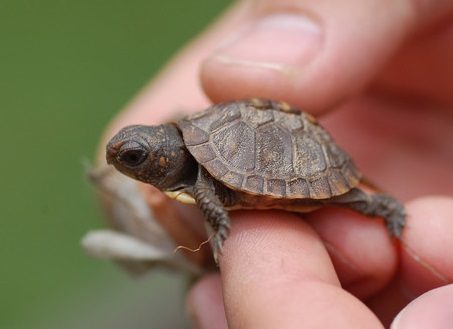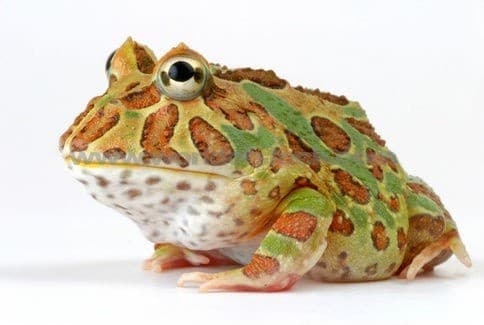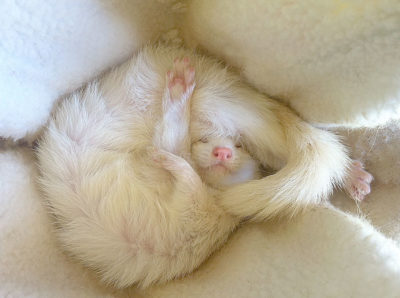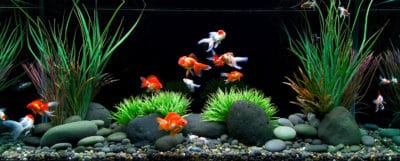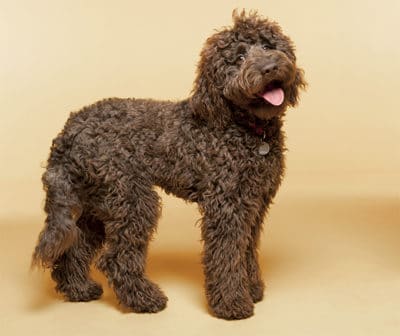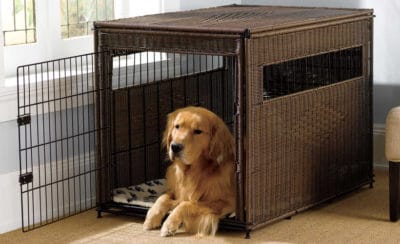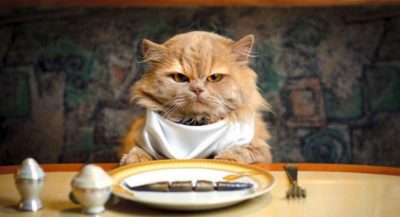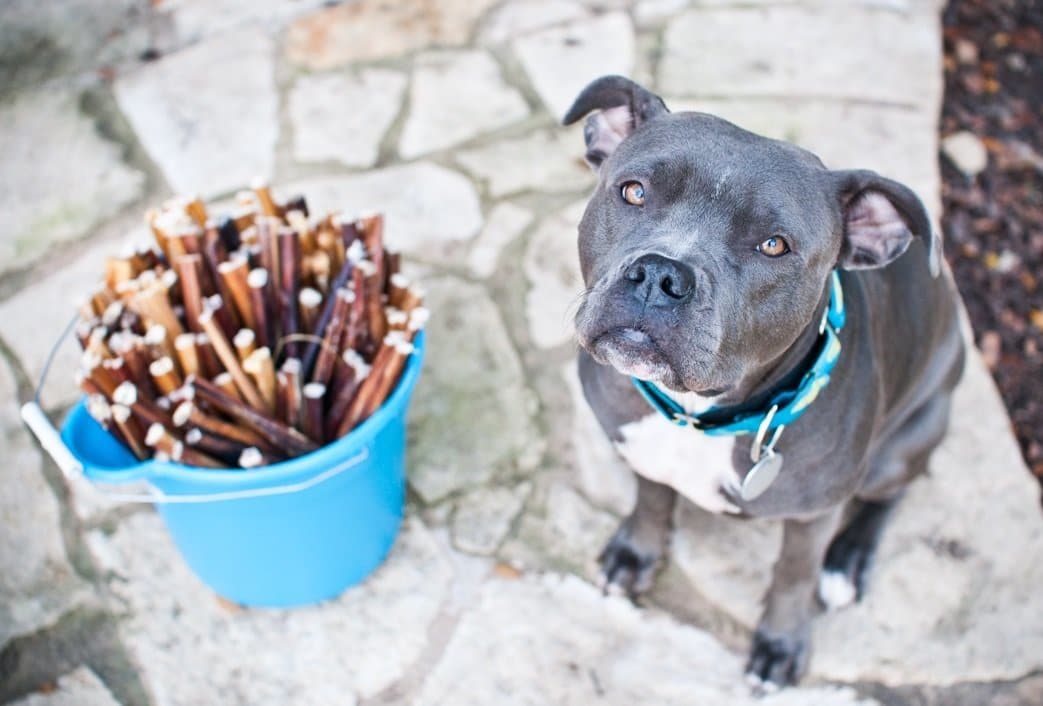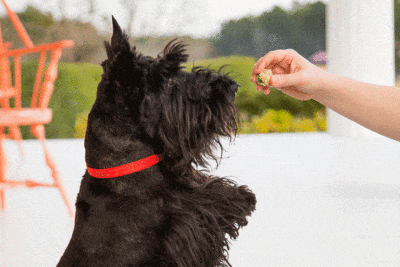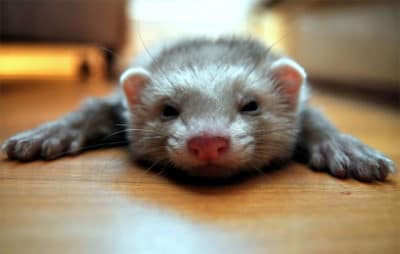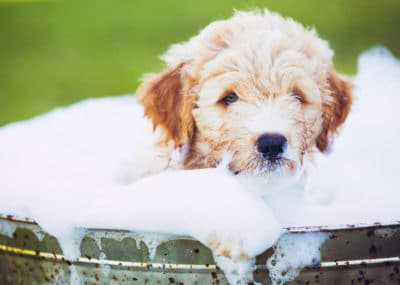If your cat won’t eat, use this article as a guide to help you determine the problem. Sometimes, cats won’t eat for a number of reasons. This commonly indicates something is amiss in your cat’s life. Sometimes cats can be finicky eaters and the smallest things will throw off their routines. This isn’t usually something too serious and can be solved with some simple steps taken by the owner.
However, a prolonged period of not eating may indicate anorexia and should be taken seriously. Anorexia in cats is when the cat consistently refuses to eat and is usually a symptom of something else. In this post, I discuss the most prevalent reasons a cat will stop eating. Then I’ll explain the best things you can to help your cat get back on track.
There are a few times our cat Baby Lumpy lost his appetite and ate less for a couple of days. This was due to stress from moving to a new home, introducing a dog to the family, and after a trip to the vet where he received vaccinations. These were all minor cases and resolved themselves. But this is not always the case. Below, I talk about the top reasons causing cats to not eat. Most of the time, cat owners will pay attention to their pet each day and understand their pet’s eating habits. You’ll usually get a feeling if something is amiss right away.
Why Your Cat Won’t Eat: Identifying the Cause
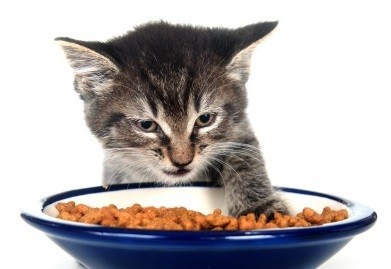
There are many reasons a cat won’t eat as much. These causes range from your cat just being a brat all the way to life-threatening conditions. As an owner, you must pay attention and diagnose the severity of the issue. Likely after a few days of observing your cat’s eating patterns, you’ll know what is going on. When in doubt, always consult a veterinarian.
Just as with humans, when animals do not intake enough calories they must burn excess fat reserves for energy. If your cat is not eating regularly for longer than normal and begins to lose weight this is obvious a telltale sign that she or he isn’t getting enough food.
Rapid Weight Loss: Red Flag
In a cat, rapid weight loss is dangerous. Anytime this occurs, see your vet as soon as possible. Protein is used to convert fat reserves into energy in the liver. Dramatic weight loss will use up all the cat’s protein and then the liver may be overwhelmed by all the fat. This can result in a life-threatening condition called hepatic lipidosis, one of the most common forms of liver disease in cats. It can lead to liver failure if left untreated.
The early-stage signs of hepatic lipidosis are vomiting and anorexia. If left untreated, late-stage signs will begin to show such as jaundice, drooling, seizures, and even coma. The only known cure for this disease is increased feeding and hence nutrition to ward off the disease and bring the cat back to a normal state. Veterinarians will often insert feeding tubes and supplied with a liquid diet until they recover.
Most Common Reasons a Cat Loses Appetite
This is a comprehensive list that covers the leading causes a cat won’t eat:
1. Change & Stress
The most common reason a loss of appetite occurs in cats is change. Most cats are sensitive to changes in their environment such as a new home, new owner, or a new addition to the family such as a child or dog. This could even be as simple as you getting up at a different time each day and feeding them an hour earlier. Anytime this causes stress you will probably see increased shedding for a few days and not finishing all their food.
Stick to your normal routine and make the changes minimal (don’t buy new litter or change food). Play with your cat and give them lots of attention and they will be back to normal in no time.
2. Food Bowl
Yes, food bowl problems is an often overlooked cause of a cat not eating as much. Sometimes cats have allergies to the material the bowl is made from. Other food bowl problems are dirty bowls, getting an electric zap from a metal bowl, or just the presence of another pet near their bowl. Some cats don’t like hovering from their owners or other pets when they are trying to enjoy their chow time.
3. Illness
There are many illnesses that may affect a cat’s eating and diet. We list some of the more common illnesses below. If you notice your cat eating less keep an eye on them. Lethargy, sitting hunched up, lack of purring, being reclusive, hissing when you attempt to move them, or yowling when doing their business in the litter box are all common signs your cat has an illness.
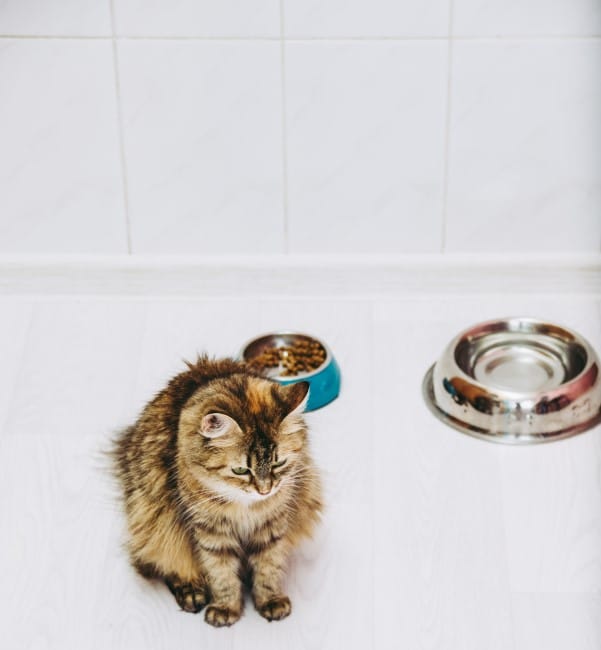
4. Vaccinations
A recent vaccination is a very common reason a cat will lose their appetite. This normally resolves within 48 hours of the vaccination. The thing to watch for is an allergic reaction to a vaccination that has more serious complications than just a little lethargy that is normal for cats. An allergic reaction will usually have obvious external signs such as hives and vigorous scratching and loss of appetite are one of the secondary reactions.
Don’t let this stop you from getting a vaccination, as side effects are rare and they have saved millions of pets’ lives.
5. Psychological Issues
Anxiety and depression are leading psychological issues that may cause a cat to eat less. Any changes to the cat’s environment may increase their anxiety and temporarily affect their food intake.
6. Travel
Most cats do not make the best travelers. You won’t see them sticking their head out the window to soak up the glory and smells of the great outdoors. Many cats are prone to motion sickness and this will affect how much they eat. If you’re going on vacation or a long term visit and take your cat with you, this has a chance to impact your cats eating patterns.
7. New Food
Cats are stereotypical finicky eaters. Changing to a new food or food type (wet to dry) will usually take days for them to fully adjust. At first, they may not like to smell or taste of the new food for the plain fact that it is different from their old one. In most cases, the cat will get hungry enough to eat the new food and then they will actually decide they like the new food after all.
8. Other Food Issues
Cats are much less likely to finish their food if it is old, stale, or cold. They are much like humans in that they enjoy food that tastes good. If you store their food in a humid or warm environment it will become stale faster than food stored in a cool and dry area. Sometimes just simply buying smaller bags of food will prevent this occurrence altogether.
9. Dental Disease
If your cat doesn’t get their teeth brushed often, or has a history of dental disease, this could likely be the cause of a cat eating less. Other dental conditions like inflammatory gums, abscessed teeth, or oral tumors could be responsible as well. A broken tooth or cut which commonly happens to outdoor cats has the same effect. These conditions will make chewing difficult and painful for your cat. However, once the mouth is healed this issue is quickly resolved.
10. Kidney Disease
Certain kidney diseases could be the underlying cause for your cat not eating. Particularly in older cats, this is a more common condition. Kidney diseases will usually cause your cat nausea and perhaps even vomiting. Only a veterinarian can diagnose kidney disease. If you notice any of these signs, you’ll want to take your cat in immediately.
11. Gastrointestinal Issues
Like kidney disease, gastrointestinal afflictions are serious instances that usually require the expert help of a veterinarian. There are many gastrointestinal issues such as pancreatitis, GI tract infections, parasites, cancer, colitis, and even foreign bodies such as a string or part of a toy that can cause blockages in a cat. Consult your veterinarian if you see any sign of GI distress like not eating for more than a couple days, diarrhea, constipation, or extreme weight loss.

